China’s terrifying master plan for Australia, ANU warns
Isolated and alone. Experts have warned what China in charge could mean for Australia – but there’s a way it can be avoided.
The year is 2049. China is exploding with light and sound as its citizens dutifully celebrate 100 years of the Communist State. The world around them is unrecognisable.
Australian National University academics Natasha Kassam and Darren Lim have peered into a metaphorical crystal ball to map out Australia’s likely future under a new world order.
It’s a world where the United States comes a distant second in the superpower stakes.
China’s economy is triple its size. Its military is vastly superior in size and modernity.
2049 is a world where Beijing calls the shots.
2049 is a world where Australia stands isolated and alone.
RELATED: China explodes at ‘racist Australia’
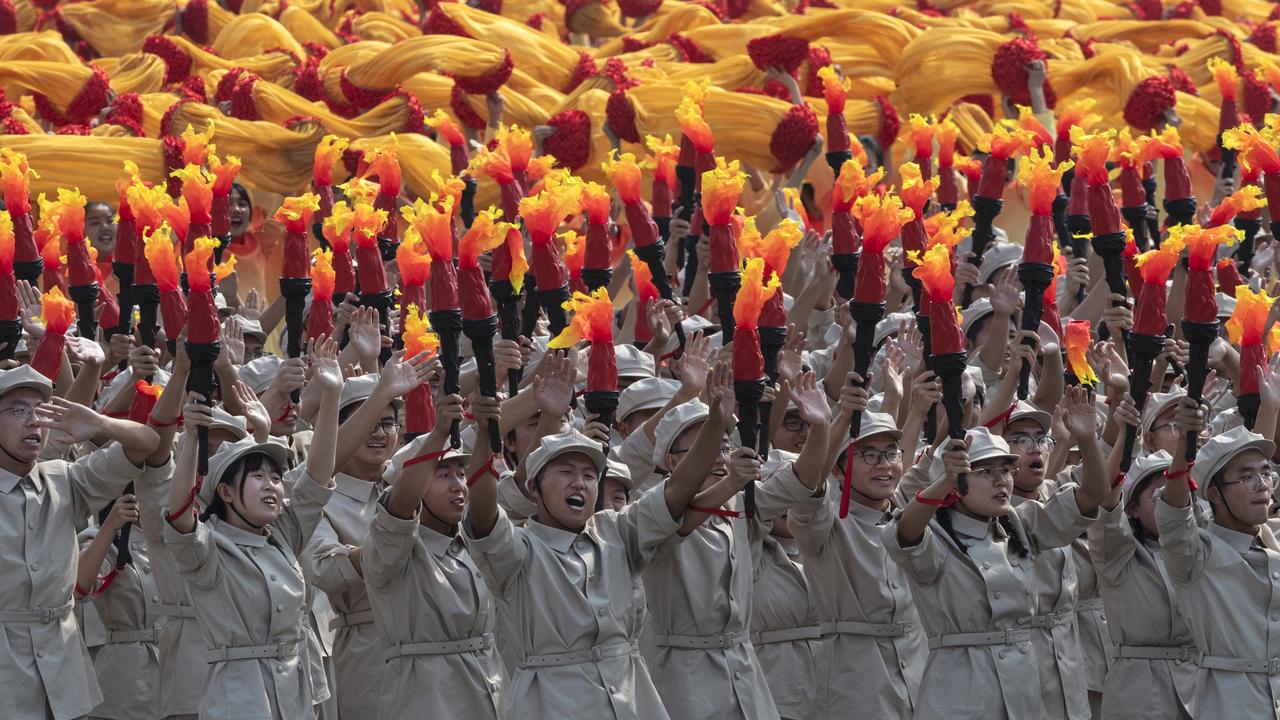
“Australia remains a liberal democracy and a staunch defender of free markets and human rights,” the international affairs analysts write. “But these are no longer the default standards of global governance … No longer a top-20 economic or military power, Australia’s opportunities to make its mark internationally are few and far between.”
In 2049, Beijing is strong.
“For decades, Hong Kong has been accepted as just another province of China. Few dare to criticise the ongoing human rights abuses there, or in Xinjiang and elsewhere … Taiwan, if not annexed, is isolated, with no diplomatic partners.”
It’s a nation obsessed with “Xi Thought”.
“The legacy of Xi Jinping, who led China for more than 30 years, monopolises ideological discourse in China. His successors rule under his shadow.”
It’s a world moulded in his image.
“Much of China’s influence abroad is unavoidable. A rising power with the economic and military strength that China wields is unlikely to be deterred.”
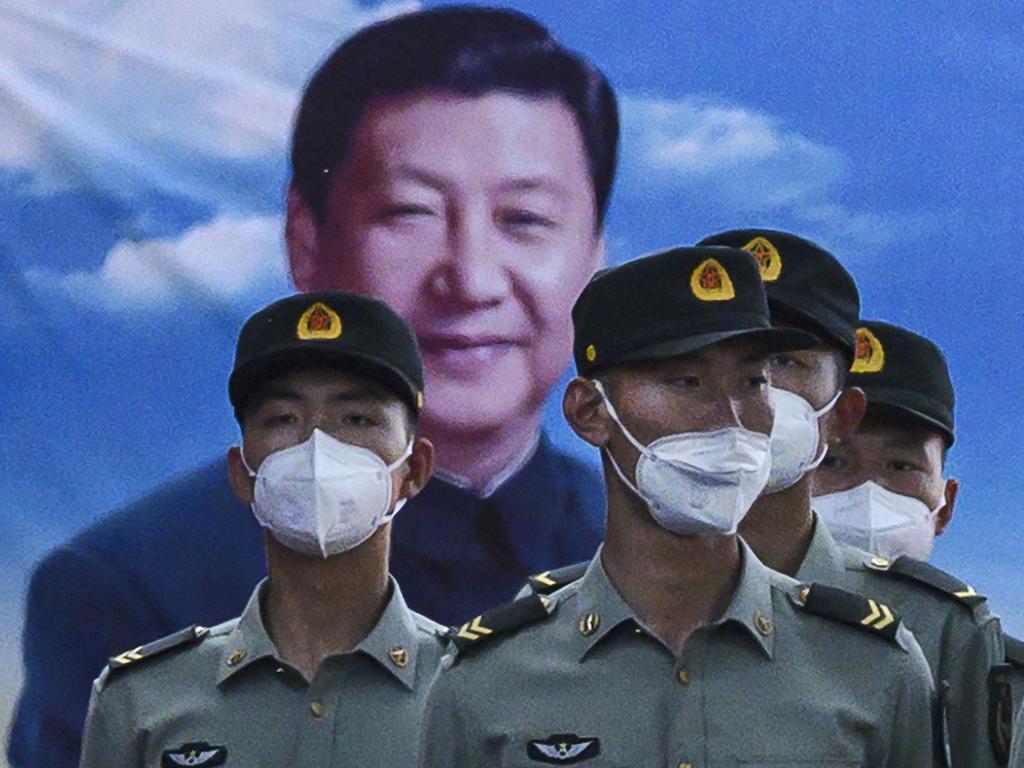
COURAGE OF OUR CONVICTIONS
Trade is on an uneven playing field. Climate change is an “adaptation” issue. The United Nations is a rubber stamp.
“Elections are held, but increasingly authoritarian governments have adopted many of Beijing’s technological and legal tools to manage markets and control politics. The internet is heavily censored,” the ANU essay reads. It’s one of a series of papers examining Australia’s future published in the latest Australian Foreign Affairs edition.
In 2049, Australia’s outlook is bleak.
But, the ANU authors argue it is “disturbingly plausible”.
“It is unsettling to an Australian reader … because Australian identity is so enmeshed with the values of liberal democracy.”
The international rule of law established after World War II was not perfect. But it created a global environment in which nations – such as Australia and China – could thrive.
International standards apply. International laws allow standards to be enforced. Global institutions maintain and arbitrate these values.
Such is the post World War II international order.
But it isn’t perfect.
THE STANDARD YOU WALK PAST …
“It would be disingenuous to overlook the many instances where the US and other liberal democracies have behaved inconsistently.”
Beijing is quick to label Western nations “hypocrites”.
“Kiwis bleat like Aussie sheep but don’t condemn Afghan killings,” reads one headline.
“Revoking Chinese broadcaster CGTN’s licence lays bare UK’s hypocrisy of press freedom,” reads another.
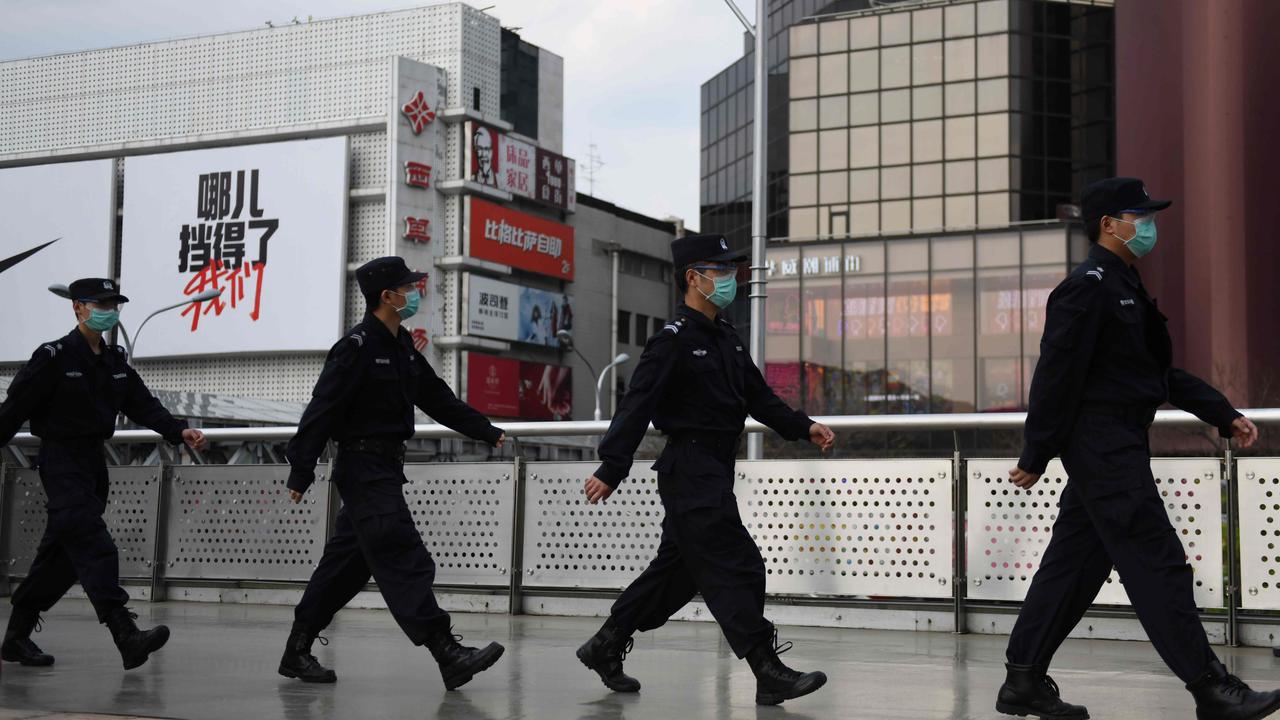
This week, it accused Australia of being part of an “axis of white supremacy”.
Meanwhile, an ethical playing out in the UN cuts to the heart of Beijing’s illegal artificial island fortresses in the South China Sea. A British-controlled Indian Ocean island – which houses the US military base of Diego Garcia – has been judged to belong to Mauritius.
Australia’s been silent on the matter. Unlike the East and South China seas.
The difference, the authors argue, is in the motive.
“While the US has arguably been … obstructive on resolutions about Palestine, it is for the narrow purpose of protecting an ally, rather than the broader project of weakening the rights themselves.”
CHINESE CHARACTERISTICS
Beijing isn’t trying to destroy international institutions, such as the World Health Organisation.
It’s trying to reshape them to its own purpose.
It’s using any means necessary to secure votes in the international assembly of nations.
“The use of deft diplomacy and inducements to generate voting blocs is unsurprising. But China also seeks to change the system, diluting the liberal elements that threaten the China model and thus the CCP’s rule.”
Beijing has been actively using its power to exclude Taiwan from the world community further and prevent any formal criticism of its cultural cleansing campaigns in Xinjiang and Tibet.
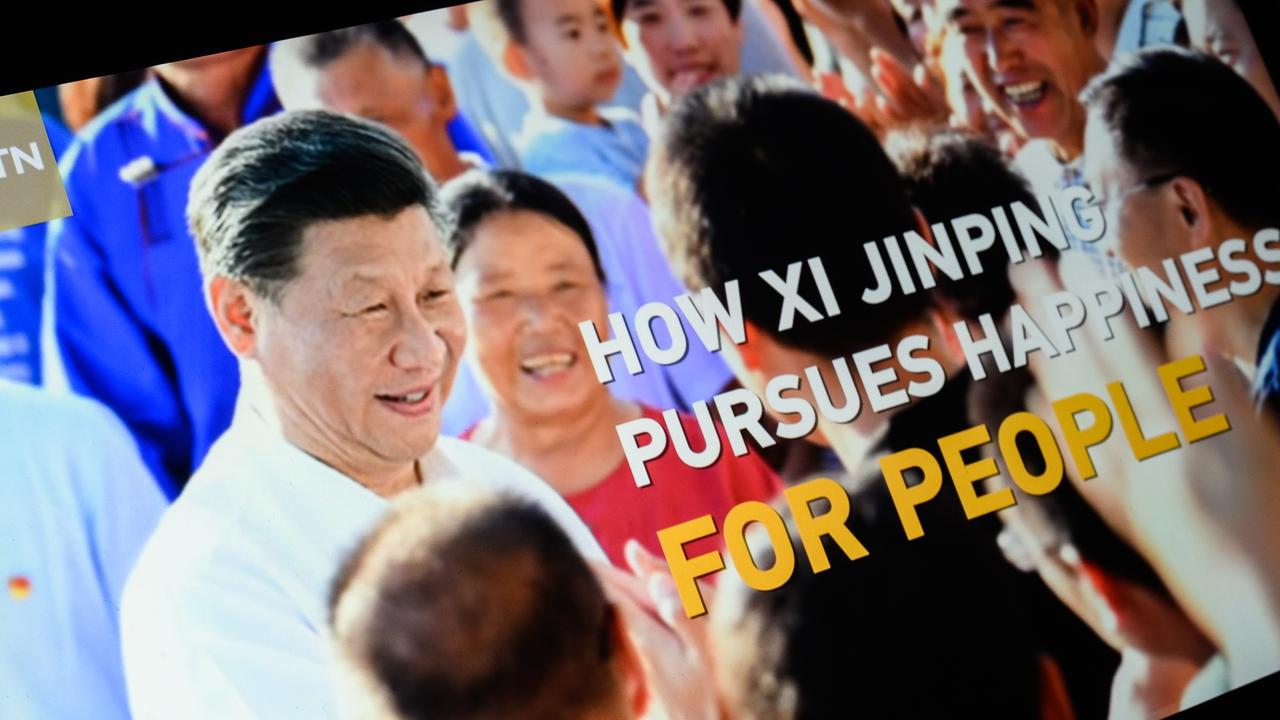
It’s also targeting human rights.
In 2017, it had the UN Human Rights charter modified in a small – but significant – way. This allowed it to put the rights of the Communist Party over the rights of the individual.
This week, it telegraphed another, similar move.
Chinese Foreign Minister Wang Yi told the 46th Session of the UN Human Rights Council China would seek to entrench “people’s sense of gains, happiness and security” as “the fundamental pursuit of human rights”.
It’s a position that puts “happiness” in the place of racial and gender equality, and freedom of political and religious association.
And the Communist Party gets to define what “happiness” is.
“It prioritised economic development above civil and political rights, and put the primacy of the state above the rights of the individual.”
TASTE OF THINGS TO COME
Last year, the UN Security Council sought to condemn Myanmar’s treatment of the ethnic Rohingya minority. China vetoed the resolution. And it’s just dismissed Myanmar’s recent military coup as merely a “cabinet reshuffle”.
Last year, some 27 countries – including Australia – sought to condemn China’s repression of the Uighur people in Xinjiang and its crackdown on Hong Kong. Beijing mobilised 53 states to defeat the vote.
“By working within the system to rally a voting bloc, Beijing was able to compromise the world’s peak human rights body.”
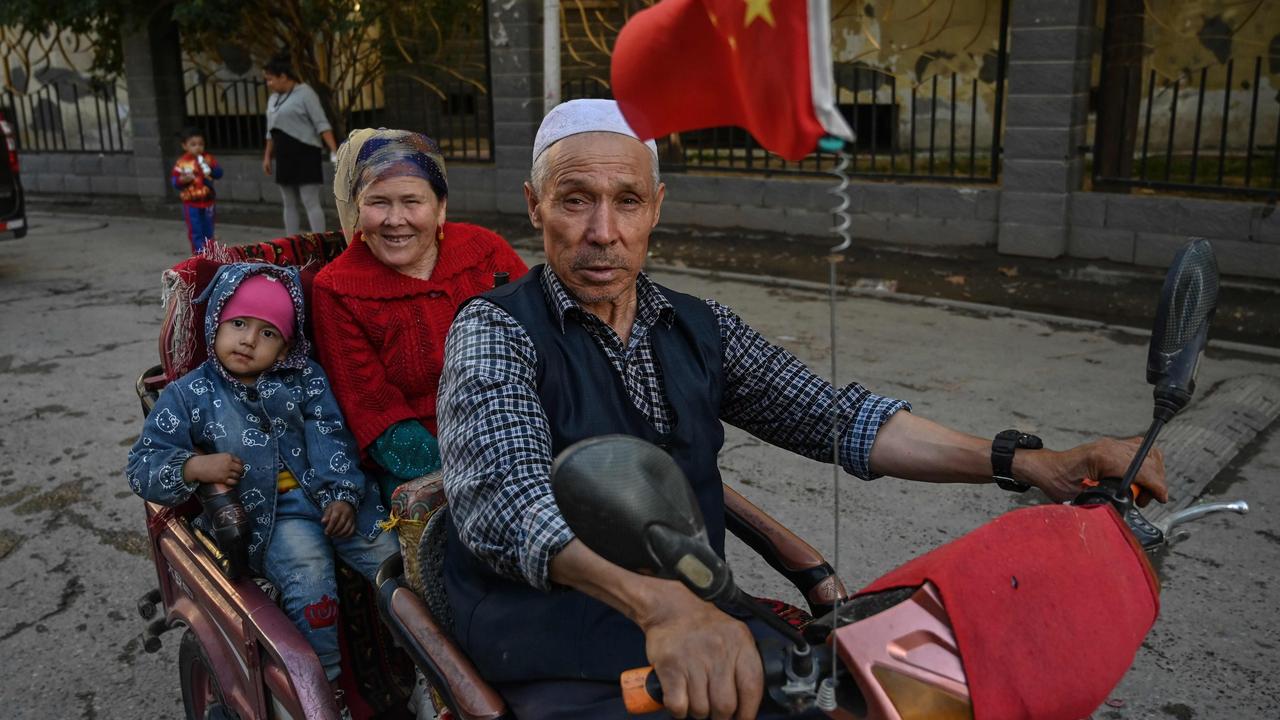
China’s expanding influence will only grow stronger. But there’s still room for optimism, the ANU academics argue.
“Australia and its partners must focus their efforts on those elements of the liberal order most worth preserving and most under threat.”
And China won’t necessarily have it easy.
For Beijing’s autocracy under Xi Jinping, it’s not about a clash of civilisations.
It’s a matter of survival.
“The Chinese Communist Party, which leads an authoritarian state, sees the liberal values embedded in the present order as a threat to its rule. Unlike the US, which at times ignores or violates these principles, China needs many of them to be suppressed, even eliminated.”
Jamie Seidel is a freelance writer | @JamieSeidel




